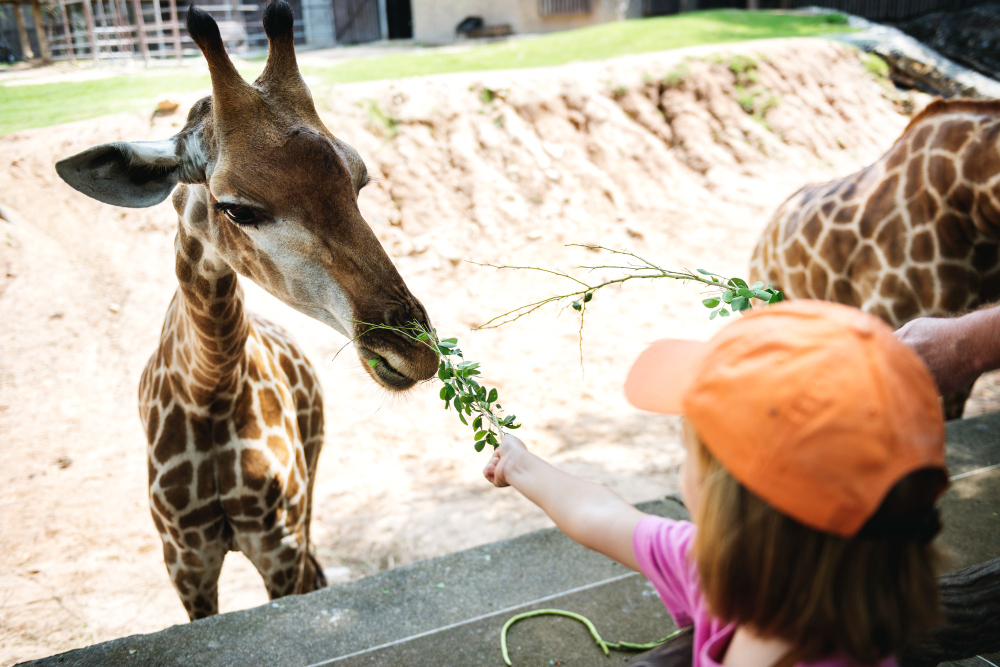The Love of Learning: How Passion Drives Gifted Students to Excel
Gifted students are naturally curious, but transforming that curiosity into a lifelong love of learning requires identifying and integrating their personal passions. When their interests align with the curriculum, excellence becomes more achievable—and enjoyable.

Passion and Motivation
Passion is a strong inclination toward an activity that individuals find meaningful and invest time and energy into. Gifted students learn quickly and are eager to explore, but they are driven by a love of learning itself rather than external pressure. Traditional educational environments, which often focus on generalized content and repetition, can lead to boredom and disengagement. However, when gifted students are engaged in topics they’re passionate about, they dive in with enthusiasm and a natural drive to absorb knowledge.

Strategies to Foster Passion in Gifted Students
Here are some ways to help gifted students nurture their passion for learning outside the classroom:
- Encourage Exploration: Provide opportunities to explore a variety of subjects. Visits to zoos, aquariums, and museums can expose them to new experiences and spark their curiosity.
- Get Curious with Them: Gifted students enjoy intellectual discussions. If they gravitate toward a topic, ask them what excites them about it. This helps them reflect and deepen their passion.
- Provide Autonomy: Allow students to pursue their own interests. Encourage them to choose books or topics that interest them, whether it’s a dinner conversation or a trip to the library.

Obsessive vs. Harmonious Passion
Recent research distinguishes between two types of passion: obsessive and harmonious.
- Obsessive Passion occurs when a passion becomes too closely tied to one’s identity or self-worth, making students feel inadequate if they don’t succeed or need to step away from it.
- Harmonious Passion reflects a balanced love for an activity, where the passion is integrated into one’s life without overshadowing other areas of self-worth.

Thus, it's crucial to help gifted students maintain balance. Their passion should be one part of their broader identity, not their sole measure of success. Emotional safety is also key—gifted students should feel free to try, fail, and try again. Their effort should not go ignored in favor of outcomes.
At Rainard, we believe that passion is central to developing lifelong learners. Our individualized approach encourages students to grow through their unique interests in a nurturing, collaborative environment.

